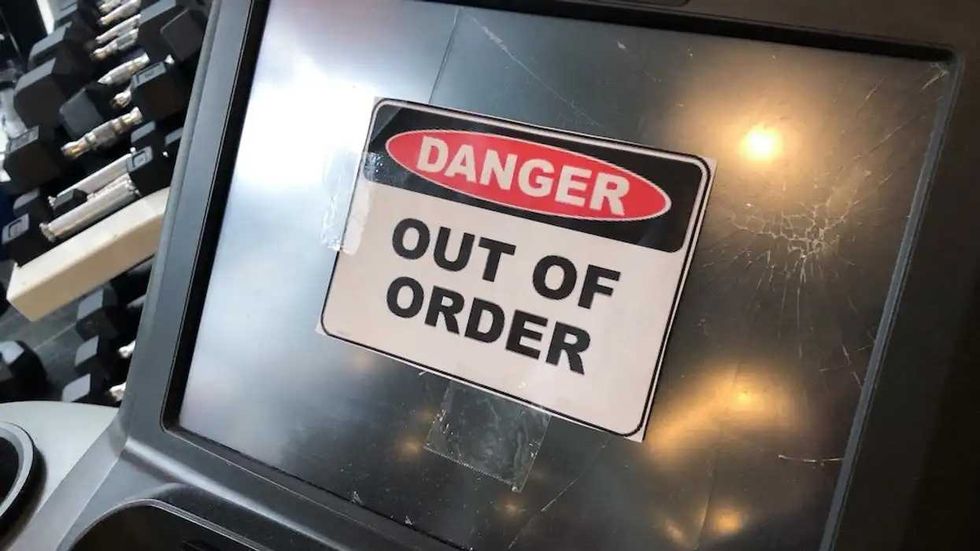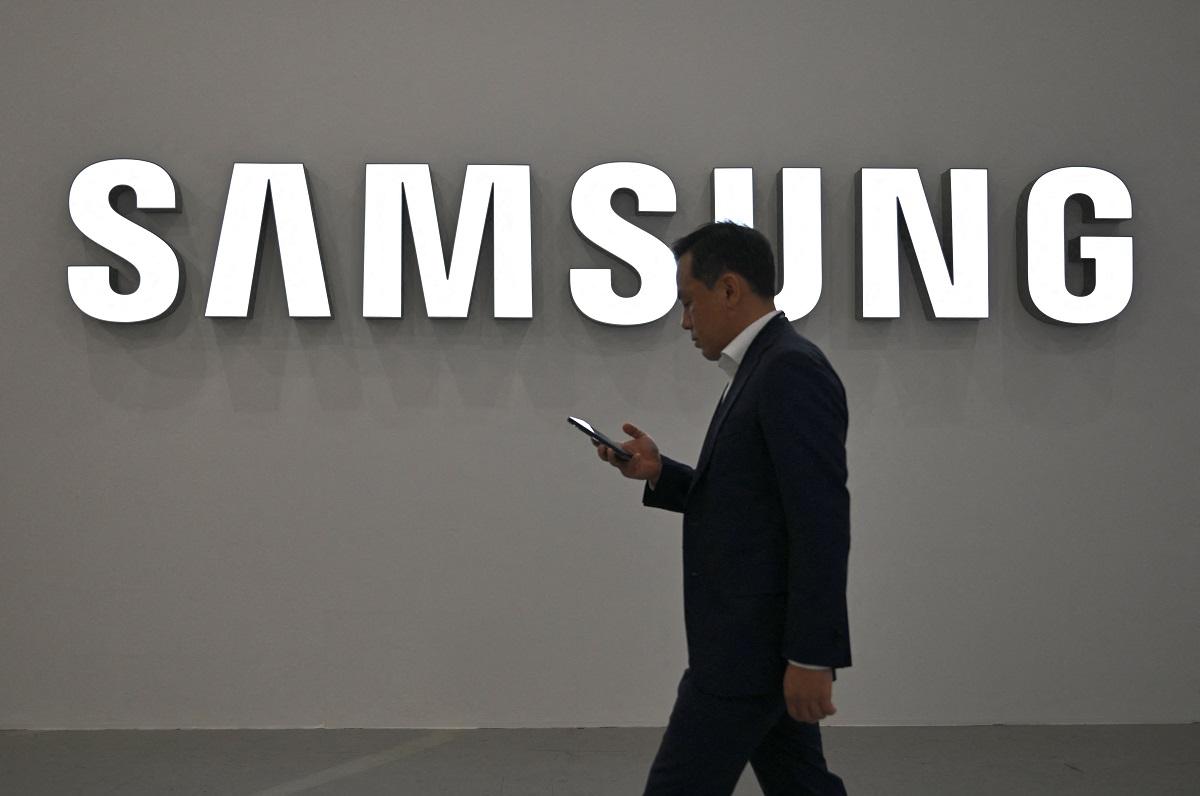
Day: November 16, 2025
Courage Under Fire
![]()
First came the water pouring down the slopes of Japan’s Mount Fuji on October 19, 1979. Then on top of the torrents came the fire that killed 13 U.S. Marines and burned dozens more. Though investigators afterward may not have consulted the Bible, they ended up attributing the unusual mix of elements involved to the same force that, per the Book of Exodus, enveloped ancient Egypt in hail and fire. “It was an act of God,” investigators concluded.
The post Courage Under Fire appeared first on .
In the Mind of McNamara
![]()
One of the few aspects of the Vietnam war about which most historians agree is that Robert McNamara horribly mismanaged it as secretary of defense. There is no agreement, however, on how McNamara did the nation such a disservice. For those who view American intervention in Vietnam as unnecessary and inherently futile, McNamara is condemned for getting the United States into the war and then for refusing to get it out once he himself became disillusioned. For those who view the intervention as a noble cause that could have ended victoriously, McNamara’s principal failing was his imposition of severe restraints on the military.
The post In the Mind of McNamara appeared first on .
Do We Really Need to Slash the Debt?
![]()
John Tamny, the free-market economics commentator who edits RealClearMarkets, comes out swinging in The Deficit Delusion: Why Everything Left, Right, and Supply-Side Tells You About the National Debt Is Wrong. Perhaps this isn’t surprising, given the book’s title. It can feel like Tamny is a kid walking through the elementary-school playground, randomly shoving other kids—some of whom are bigger than he—as he attacks one op-ed writer after another for, allegedly, misunderstanding the national debt.
The post Do We Really Need to Slash the Debt? appeared first on .
‘Worse than Orwell could ever imagine’: How smartphones became government weapons

Most people know by now that our smart devices are spying on us — collecting data every time we purchase something, visit a website, or engage with social media content. But few understand just how invasive these little voyeurs really are. Turns out our secret watchers are picking up on our personality traits and taking detailed notes on our routines — even learning which side of the bed we sleep on.
Some skeptics dismiss this massive breach in privacy under the premise that they have “nothing to hide” or that the government already knows everything about them anyway. But their flippancy is a grave mistake, says retired Navy SEAL and Blackwater founder Erik Prince and retired Marine and Big Tech insider Ryan Patterson.
Not only are criminals using data to target and exploit people, rogue government agents can and do weaponize data against citizens. We saw it happen with Ad-IDs during the corrupt January 6 investigation.
“Highly politicized federal agents run amok because if you give a jackass a gun and a badge, you get a bigger jackass,” says Prince, condemning the 2024 FISA expansion under Joe Biden as a warrantless digital dragnet that turns every American’s phone into an open book for government “fishing expeditions.”
These scoundrels, he says, can build a case based on someone’s commercial data. If they “went to a school board meeting,” “a political rally,” or “a controversial sermon,” that information can be used to shape narratives.
“They use this data to get the probable cause to then unleash the rest of the government — the people that can hack, the people that can get a search warrant, the people that can enter your home,” adds Patterson.
When the Patriot Act passed after 9/11, letting the government spy on Americans with fewer checks, even liberal tech friends in San Francisco called it a “slippery slope,” he says.
“If we start allowing our government — whichever party — to criminalize things they couldn’t see before, but now can because of this data, it’s really scary.”
Prince calls it “antithetical to a free society” and “worse than George could even imagine.”
But targeting political opponents might not even be the most nefarious use of commercial data. There’s growing speculation that rogue agents also use it to groom potential killers.
“If I were in the CIA and I had access to Google, which I imagine they do, I could say I need 25 people in Texas who are unstable, really don’t like Donald Trump, have a gun, good shot. … I could probably have that in a couple of minutes, and then I could say now let’s turn them into killers — Manchurian stuff, but you don’t need to bring them to Russia; they won’t even know that they’ve been turned,” says Glenn.
“It’s terrifying because they know you better than you know yourself.”
To hear more of the conversation, watch the full interview above.
Want more from Glenn Beck?
To enjoy more of Glenn’s masterful storytelling, thought-provoking analysis, and uncanny ability to make sense of the chaos, subscribe to BlazeTV — the largest multi-platform network of voices who love America, defend the Constitution, and live the American dream.
Locked out: How Big Auto could destroy the used-car market

When it comes to replacing your daily driver, “used” is often the smartest buy. A low-mileage model from a few years back can save you real money while offering nearly all the same features. And as long as you do your homework, a well-maintained used car is every bit as serviceable as something brand new.
But that might not be true for much longer.
In states without strong right-to-repair protections, shops are already reporting cases where newer vehicles simply can’t be serviced without dealership intervention.
Automakers are steadily locking down the data that modern cars generate. If they succeed, independent repair shops, do-it-yourself mechanics — and your wallet — will feel the squeeze. The stakes are enormous: 273,000 repair shops, 900,000 technicians, and 293 million vehicles could be affected.
Stick with me. By the end of this, you’ll know exactly why the national right-to-repair movement is pushing the REPAIR Act — and why it’s worth calling your legislator today.
Gatekeeping data
For decades, car repair was straightforward. The OBD-II port — standardized in 1996 — gave shops and owners direct access to diagnostic data. That openness fueled competition, kept repairs affordable, and protected your right to choose who services your car.
Today’s vehicles are computers on wheels, containing hundreds of microprocessors and dozens of electronic control units. And instead of sending data through that familiar port, cars now stream diagnostics wirelessly through telematics systems. In 2021, half of all vehicles already had this capability. By 2030, McKinsey projects 95% of new cars will be fully connected.
Here’s the problem: That wireless data goes straight to the manufacturer. They become the gatekeeper — deciding who gets access, at what time, and for what price.
Independent shops get shut out or forced to pay steep fees for limited information. Consumers get funneled back to dealerships. And while telematics can offer real benefits — remote diagnostics, predictive maintenance — those perks mostly stay inside the dealership network when automakers control the data.
Drivers pay the price
When manufacturers monopolize data, drivers pay the price.
- Higher repair costs: Independent shops must buy expensive, manufacturer-approved tools or subscriptions — or they can’t complete repairs at all.
- Fewer options: Your trusted neighborhood shop may be unable to work on newer models, leaving you with dealership-only service.
- Privacy erosion: Every drive generates information on your habits, location, and behavior. Automakers routinely share or sell that data to insurers, advertisers, and third parties — often without clear consent.
In states without strong right-to-repair protections, shops are already reporting cases where newer vehicles simply can’t be serviced without dealership intervention.
The aftermarket fallout
Independent repair is a massive economic engine. Cut off their access to data, and the ripple effects are huge:
- Aftermarket parts makers struggle to design compatible components.
- Innovation slows.
- Dealers gain monopolies on everything from diagnostics to repairs.
- Wait times increase while prices rise.
Voters have noticed. Massachusetts passed a telematics right-to-repair initiative in 2020 with 75% approval. Maine followed in 2023 with 84%. Those wins matter — but a patchwork of state laws won’t protect drivers nationwide.
Enter the REPAIR Act
Industry groups — including the Auto Care Association, MEMA Aftermarket Suppliers, and the CAR Coalition — are backing the REPAIR Act (H.R. 906). It’s not radical. It simply updates consumer rights for the connected-car era.
Four core principles drive the bill:
- No artificial barriers to repair or maintenance.
- Owners and their chosen shops get direct access to vehicle-generated data.
- No manufacturer can mandate proprietary tools or dealer-only equipment.
- A stakeholder advisory committee keeps the rules current as technology evolves.
The act restores choice. You can repair your own vehicle — or choose any shop you trust. It bans anticompetitive behavior like withholding service information or requiring dealer-exclusive parts. And crucially, wireless data must be shared through secure, standardized, owner-approved channels.
NHTSA and the FTC would set cybersecurity rules. Consumers would receive clear data-sharing notifications. And if manufacturers abuse the system, the FTC can act fast.
RELATED: Right-to-repair sweetens McFlurry but sours when lives are at stake
 400tmax via iStock/Getty Images
400tmax via iStock/Getty Images
Skimp my ride
Without the REPAIR Act, the used-car market collapses into uncertainty. Vehicles that require dealer-only repairs will lose value quickly. Planned obsolescence accelerates. And as cars become fully connected, the familiar OBD-II era winds down.
A car you buy in 2025 could be effectively “dealer-locked” by 2030.
Manufacturers argue they need total control for cybersecurity. But secure, standardized data access — the model used globally — proves you can protect vehicle integrity without destroying competition.
The aftermarket already has a workable framework: encrypted data, authenticated access, owner permissions, and interoperable platforms. It’s practical, safe, and ready today.
The price of inaction
Without federal action:
- Repair costs rise 20%-50%.
- Independent shops close.
- Innovation dries up.
- Consumer privacy evaporates.
- The used-car market contracts.
The REPAIR Act reverses all of that. It creates a fair system where manufacturers build the cars — but the aftermarket keeps them running.
Don’t wait. Act.
This affects every driver. Contact your representative and urge support for the REPAIR Act.
It protects choice, savings, and your right to repair in a digital automotive world.
Your car, your data, your repairs. That’s what’s on the line.
South Korean actress Nana, her mother sustain injuries in assault by armed robber

South Korean actress Nana and her mother sustained injuries following an assault by an armed robber.
PH, South Korea ink new pact for seasonal jobs

The Philippines and South Korea have signed a new joint memorandum aimed at strengthening the protection, empowerment, and training of Filipino seasonal farm workers in Seoul.
UAAP: UP grounds Adamson to clinch seventh straight Final Four berth
The University of the Philippines notched its fifth straight win in UAAP Season 88 action, defeating Adamson University, 70-65, on Sunday at the Smart Araneta Coliseum.
UAAP: FEU staves off La Salle to keep Final Four hopes alive
Far Eastern University kept their name in the UAAP Season 88 Final Four gauntlet as they defeated De La Salle University, 84-83, on Sunday at the Smart Araneta Coliseum.
Samsung plans $310-billion investment to power AI expansion

South Korean conglomerate Samsung unveiled on Sunday a plan to invest $310 billion over the next five years mostly in technology powering artificial intelligence, aiming to meet growing demand driven by a global boom.
search
categories
Archives
navigation
Recent posts
- A Dispatch From Inside The Iran Protests January 12, 2026
- Jerome Powell Claims Trump Admin Launched Probe To Threaten Him Over Interest Rates January 12, 2026
- Radical ‘ICE Watch’ Groups Recruit More Activists After Minneapolis Shooting, Trainings ‘At Capacity’ January 12, 2026
- LIVE UPDATES: Trump Weighs Intervention As Iran Protests Enter Third Week January 12, 2026
- ICE Chief Dares Philly Sheriff To Follow Through On Threat To Arrest Immigration Agents: ‘Try It’ January 12, 2026
- The Road to Prosperity January 12, 2026
- Regime Modification in Caracas January 12, 2026








